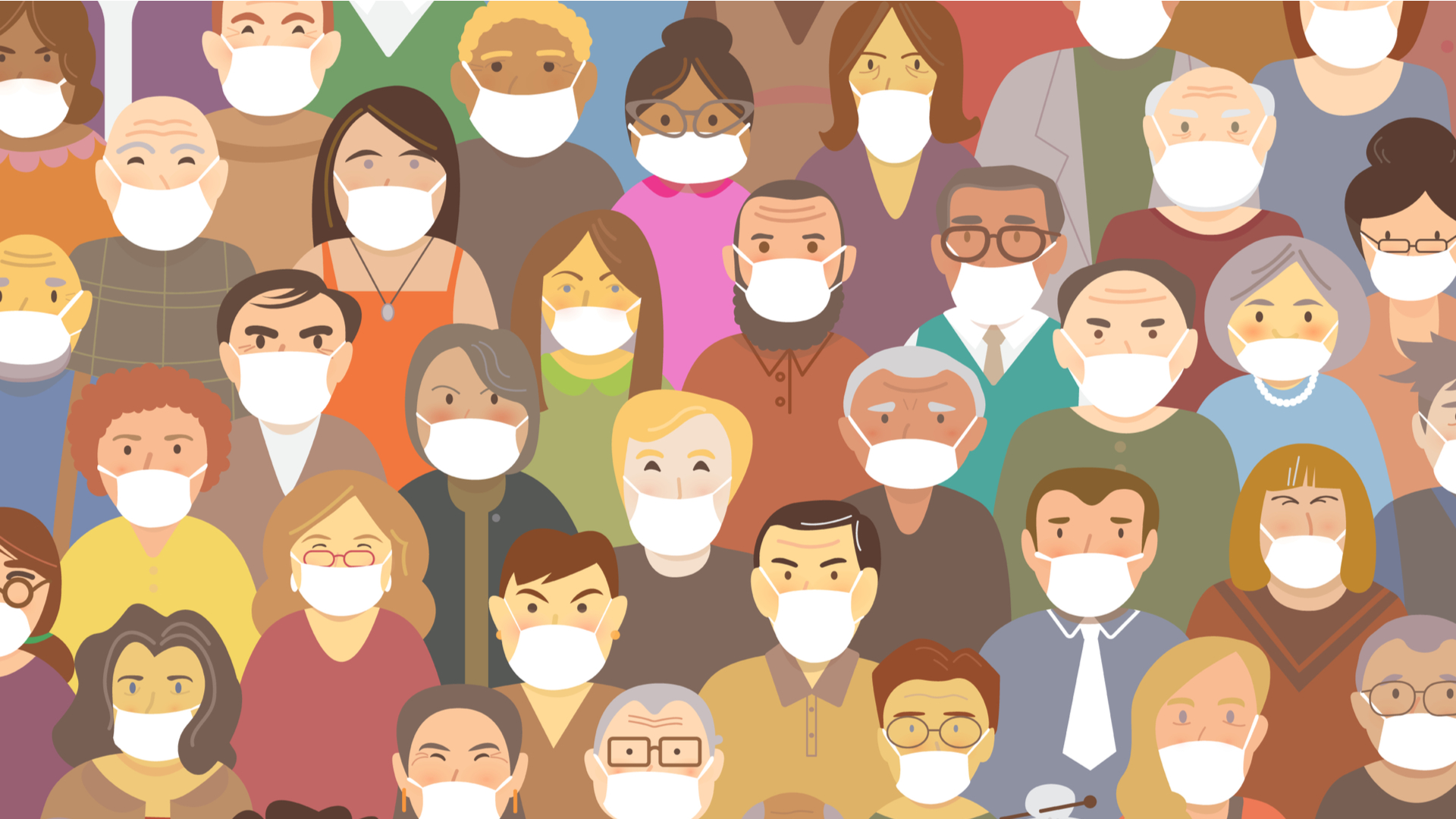UK to start trialling contact-tracing app on Isle of Wight
But concerns have been raised about how it will affect cross-border operations


Sign up today and you will receive a free copy of our Future Focus 2025 report - the leading guidance on AI, cybersecurity and other IT challenges as per 700+ senior executives
You are now subscribed
Your newsletter sign-up was successful
The UK’s contact-tracing app is to be trialled on the Isle of Wight this week, following the UK’s decision to opt for a centralised model and snub the decentralised contact-tracing API jointly-developed by Apple and Google.
At a daily government briefing, cabinet minister Michael Gove expressed his hopes that at least half of the Isle of Wight's population would download the app, adding that "the more people who download the app developed by the NHS the better".
However, the UK's decision to opt for a centralised model is now raising concerns about cross-border operations with Northern Ireland, given that the Republic of Ireland had chosen the system backed by Apple and Google.
Ireland’s Minister for Health Simon Harris issued a statement on the country’s contact-tracing app which also addressed “the specific challenge of North-South travel in Ireland and across the Irish Sea”.
“The Irish team are working closely with EU counterparts and with the NHS to support the achievement of interoperability - recognising that no one country alone can resolve that,” the statement read.
Harris had also added that Ireland was "ensuring continuing alignment with the EU guidance".
Although the European Data Protection Supervisor (EDPS) had previously called for a single coronavirus tracking app to be used across the EU, the chances of continental unity are slim.
Sign up today and you will receive a free copy of our Future Focus 2025 report - the leading guidance on AI, cybersecurity and other IT challenges as per 700+ senior executives
The European Commission has since said that choosing either model would be acceptable, yet a number of member countries have leaned towards the decentralised Apple-Google API.
European Commissioner Margrethe Vestager, a long-time critic of both tech giants, has told the New Yorker that she finds the decentralised system “quite encouraging”.
“I think the important thing here is transparency, that third parties have access to the technology and can vouch for it,” she said.
Last week, NHSX CEO Matthew Gould announced that the UK's app, which will help to ease coronavirus lockdown restrictions, is set to be released to the public this month.
Speaking to the Science and Technology Committee, Gould said that the app would be "technically ready" for deployment in "two to three weeks", making the estimated release date around mid-May.
Professor Christophe Fraser, a senior group leader in pathogen dynamics at the University of Oxford Big Data Institute who has been providing crucial advice during the app’s development, said that “if roughly 60% of the population use the app, it would be enough to bring the reproduction number below one and control the epidemic”.
Having only graduated from City University in 2019, Sabina has already demonstrated her abilities as a keen writer and effective journalist. Currently a content writer for Drapers, Sabina spent a number of years writing for ITPro, specialising in networking and telecommunications, as well as charting the efforts of technology companies to improve their inclusion and diversity strategies, a topic close to her heart.
Sabina has also held a number of editorial roles at Harper's Bazaar, Cube Collective, and HighClouds.
-
 Mistral CEO Arthur Mensch thinks 50% of SaaS solutions could be supplanted by AI
Mistral CEO Arthur Mensch thinks 50% of SaaS solutions could be supplanted by AINews Mensch’s comments come amidst rising concerns about the impact of AI on traditional software
-
 Westcon-Comstor and UiPath forge closer ties in EU growth drive
Westcon-Comstor and UiPath forge closer ties in EU growth driveNews The duo have announced a new pan-European distribution deal to drive services-led AI automation growth
